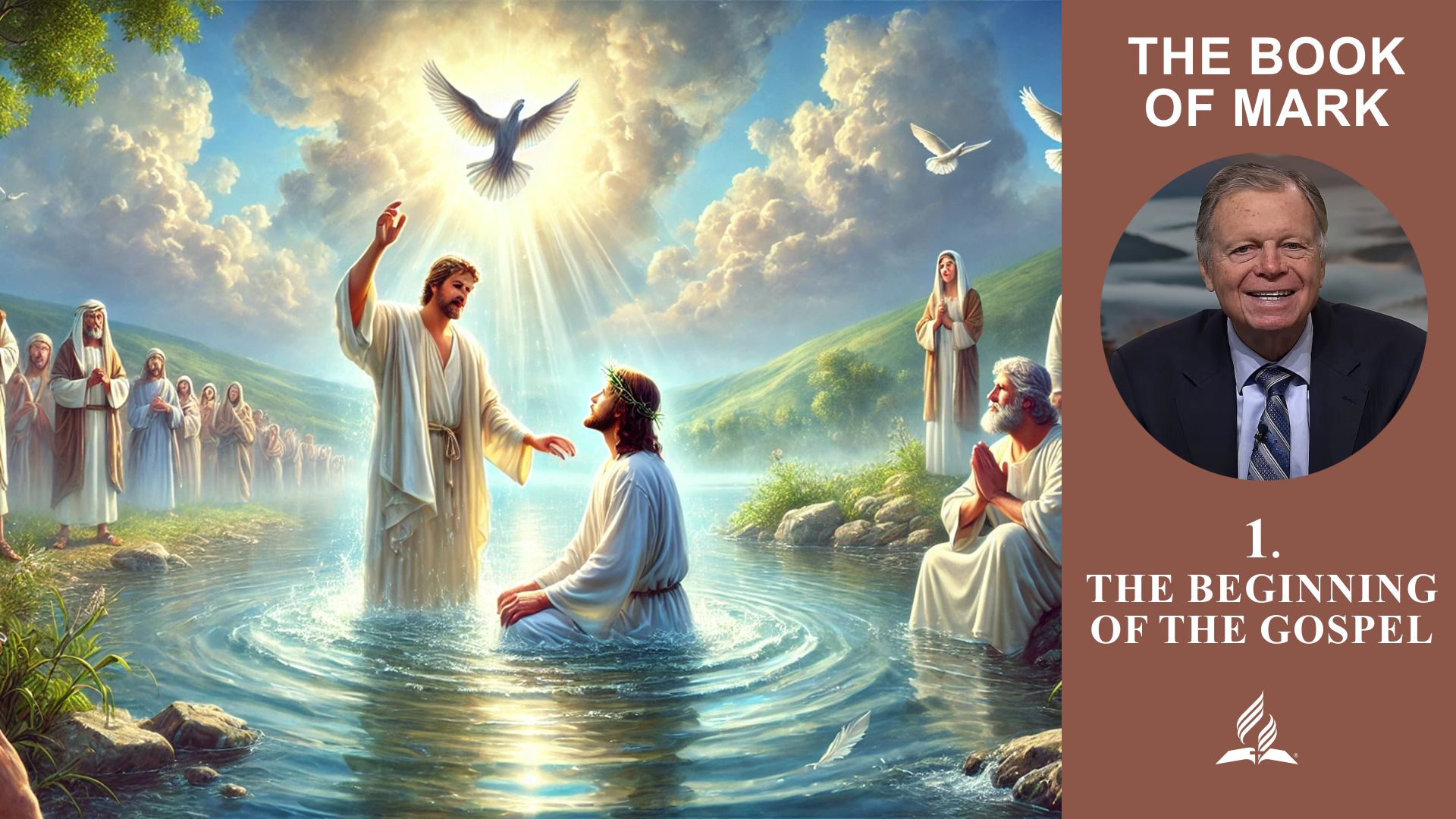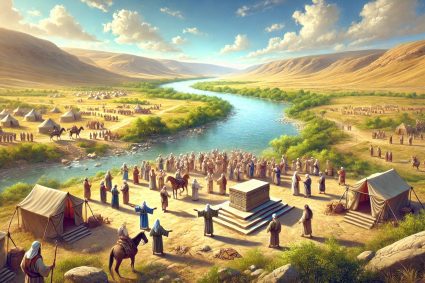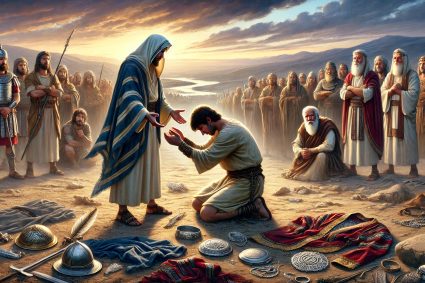
Series THE BOOK OF MARK with Pastor Mark Finley |
Lesson 1.The Beginning of the Gospel |
Jesus’ Early Ministry in Mark
Lesson 1 delves into the early stages of Jesus’ ministry as narrated in the Gospel of Mark. It begins with John the Baptist’s role in preparing the way for Jesus, emphasizing the significance of repentance and baptism. The lesson highlights Jesus’ baptism, where He is affirmed by God and anointed by the Holy Spirit, marking the start of His public ministry. It also covers Jesus’ proclamation of the gospel, calling people to repent and believe as the kingdom of God is near. Additionally, the lesson explores the selection of the first disciples and Jesus’ early miracles, establishing His divine authority and mission.
Memory Text: Mark 1,14.15 – “Now after John was put in prison, Jesus came to Galilee, preaching the gospel of the kingdom of God, and saying, ‘The time is fulfilled, and the kingdom of God is at hand. Repent and believe in the gospel.’ ”
Content:
1.1 The Failed Missionary
Introduction and Early Setback of John Mark
John Mark is introduced in Acts 12:12 as the son of Mary, a wealthy supporter of the early church who hosted prayer meetings at her home. Although he does not play a significant role in the events of Acts 12, this introduction sets the stage for his later involvement with Barnabas and Saul. In Acts 13:1–5, 13, we learn that John Mark accompanied Saul and Barnabas on their first missionary journey, serving as a helper. However, in verse 13, it is noted that he returned to Jerusalem, leaving the mission. Ellen G. White suggests that fear and discouragement led to his departure, as he was unaccustomed to the hardships of missionary work. This early setback did not define his entire ministry, as John Mark would later be recognized for his contributions to the Gospel.
1.2 A Second Chance
The Redemption of John Mark
Paul rejected John Mark because he had previously deserted them and not continued in the ministry, as noted in Acts 15:38. Paul viewed the missionary work as demanding and needing reliable companions, making him reluctant to trust Mark again. However, Barnabas, seeing potential in Mark and unwilling to give up on him, chose to give him a second chance, leading to a sharp disagreement between Paul and Barnabas. This dispute resulted in them parting ways, with Paul taking Silas and Barnabas taking Mark. Later New Testament references, including Colossians 4:10 and 2 Timothy 4:11, indicate Mark’s significant recovery and valuable contribution to the ministry, showing that Barnabas’s faith in him was well-placed.
1.3 The Messenger
John the Baptist: Preparing the Way
Mark 1:1-8 introduces three main characters: Jesus Christ, God the Father, and John the Baptist. John is depicted as a preacher preparing the way for Jesus, fulfilling Old Testament prophecies from Exodus, Isaiah, and Malachi, which all speak of a journey. John calls for repentance and emphasizes the coming of someone much greater than himself, referring to Jesus. His humility is highlighted when he states he is not worthy to untie Jesus’ sandals. These verses set the stage for the beginning of Jesus’ ministry and the journey that will lead to His sacrificial death.
1.4 Jesus’ Baptism
The Baptism and Temptation of Jesus
Jesus’ baptism in Mark 1:9-13 includes significant figures and events. John baptizes Jesus in the Jordan River, and as Jesus emerges from the water, the heavens open, and the Holy Spirit descends like a dove. God’s voice proclaims, “You are my beloved Son; with you I am well pleased.” This moment highlights the presence of the Trinity, affirming the start of Jesus’ ministry. Following His baptism, the Spirit drives Jesus into the wilderness, where He faces temptation from Satan. This scene underscores both Jesus’ divinity and humanity, illustrating His unique role as both God and man.
1.5 The Gospel According to Jesus
The Gospel According to Jesus: Fulfillment, Kingdom, and Call to Repentance
Mark 1:14-15 presents Jesus’ gospel message in three key parts: the fulfillment of time prophecy, the nearness of God’s kingdom, and the call to repentance and belief. The time prophecy Jesus refers to is the 70-week prophecy from Daniel 9:24-27, which predicts significant events in Jesus’ life. This prophecy began in 457 B.C. and pointed to A.D. 27 when Jesus was baptized and started His ministry. His crucifixion occurred three and a half years later, with the prophecy’s completion marked by Stephen’s stoning in A.D. 34. This moment signaled the broader spread of the gospel to the Gentiles.
1.6 Summary
Jesus’ Early Ministry
Lesson 1 focuses on the early ministry of Jesus as described in the Gospel of Mark. It highlights significant events such as Jesus’ baptism by John the Baptist, which marks the beginning of His public ministry and the affirmation of His divine sonship. The lesson also covers Jesus’ initial proclamation of the gospel message, emphasizing the fulfillment of time prophecy, the nearness of God’s kingdom, and the call to repentance and belief. Additionally, the lesson addresses the selection of the first disciples and Jesus’ early miracles, which establish His authority and mission. Overall, it sets the stage for understanding Jesus’ role and the transformative power of His message.
(Visited 28 times, 1 visits today)




















